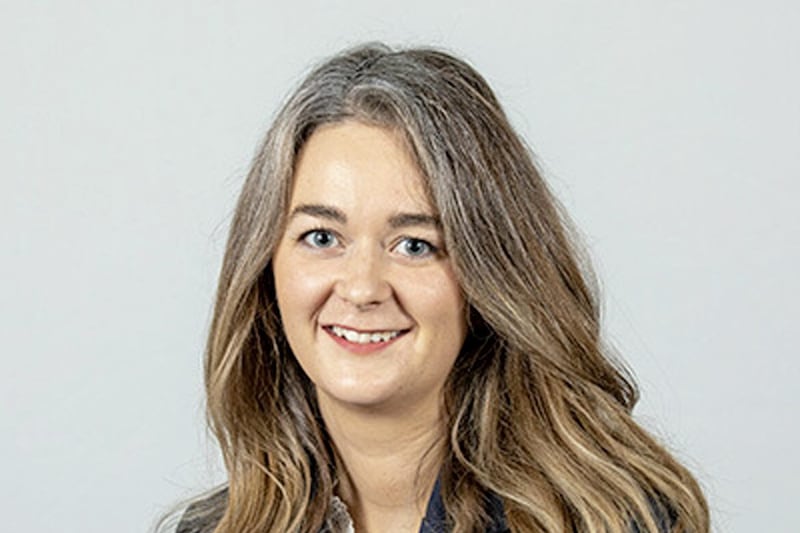QUESTION: I am a sole trader, and my financial year end is June 30. I am expecting my profit for the year ending this June will be £100,000 and next year will fall to £50,000. I have been advised that something called overlap profit is £20,000. How will I be affected by Basis Period Reform?
ANSWER. Basis period reform (BPR) marks a fundamental change to the way in which unincorporated businesses are assessed to tax on business profits. BPR will move you from the ‘current year’ basis to a ‘tax year’ basis of assessment. This means that business profits will be calculated for the tax year rather than for your period of account – June 30 ending in the tax year. For people with a March 31 accounting date there will be minor impact however as you have a 30 June year end, you will be affected.
To get people who do not have a March year end onto the tax year basis, there must be a transitional year in which more than one-year profits will be taxed. This is called the transition year and it just started on April 6, so your question is very timely.
In 2023/24, you will be taxable on your profits on the current year basis (i.e., for the 12 months to June 30 2023, plus the period up to the end of the tax year (i.e., April 5 2024). This means that 21 months of profits will be brought into charge for the single tax year. As this is likely to result in a significantly increased tax bill, thankfully the new rules allow the excess profit to be spread over a period of five tax years to lessen the cashflow impact. You can however pay the tax on the extra profits in whatever way you choose over the five spreading years – including on the full amount in 2023/24 if you wish.
When a self-employed person starts their business, if they do not have a March 31 year end, they will be assessed to tax on some of the same profits twice. These ‘overlap’ profits are deducted from the final years profits when the business ceases. If you were in business before 1996/97, you would have a special form of overlap relief known as ‘transitional overlap relief’. The new rules for 2023/24 permit you to offset these overlap profits against the amount of profit being assessed in 2023/24 and will therefore lessen the impact on the change in basis rules.
In your case you will be assessed in 2023/24 to £100k (Part A) plus £50k x 279days/365days – £20k overlap profit =£18k (Part B) = Total £118k (Part C). The amount that you can spread forward is the lower of Part B and Part C which is £18k.
The first proper year of the new tax year basis of assessment will be 2024/25. In this year you will have need two sets of accounts (June 30 2024 and June 30 2025) to work out the profits for the 12-month period to April 5 2025 (i.e., March 31 2025) on a time apportioned basis. This is likely to be confusing and cumbersome each year and you therefore may consider changing you accounting year end to March 31.
Going forward you need to be aware that the current time lag between making a high profit and paying the tax on it will evaporate with a negative cashflow impact.
You should meet early in the new year with your accountant to look at the impact on your business cashflow of this fundamental change in the tax system for the self-employed.
:: Paddy Harty (p.harty@fpmaab.com) is partner at FPM Accountants Ltd (www.fpmaab.com). The advice in this column is specific to the facts surrounding the question posed. Neither the Irish News nor the contributors accept any liability for any direct or indirect loss arising from any reliance placed on replies







